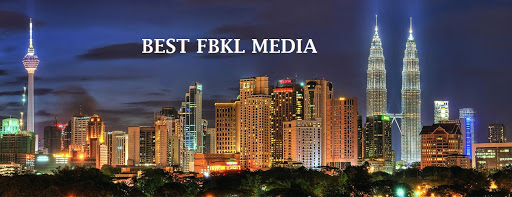Analysts: Budget 2017 populist, preparation for polls
By Syed Jaymal ZahiidOctober 22, 2016

View photos
Prime Minister Datuk Seri Najib Razak is pictured tabling Budget 2017 before Parliament on October 21, 2016. — Picture by Yusof Mat IsaMore

KUALA LUMPUR, Oct 22 ― Many of the policies announced under Budget 2017 were populist and intended to placate voter segments crucial to Barisan Nasional (BN), analysts said.
The increase in the 1Malaysia People's Aid (BR1M) cash handout programme and incentives for civil servants were clear indicators that Prime Minister Datuk Seri Najib Razak had tabled a federal budget with the elections in mind, according to pundits polled by Malay Mail Online.
“It can be considered as populist as they still try to give something back to the critical segments despite the constraints the government is facing,” Ibrahim Suffian, director of independent pollster Merdeka Centre, said.
“I think there were plenty of signals to indicate that he is preparing for elections...you can see that the budget was intentionally holistic,” Samsu Adabi Mamat, analyst with Universiti Teknologi Mara, told Malay Mail Online.
Najib unveiled a RM260.8 billion budget yesterday, 3.4 per cent higher than the 2016 revised budget with higher allocations for one of the current administration's most controversial programmes, BR1M.
Allocation for BR1M was increased to RM6.8 billion for next year from RM5.4 billion in 2016.

View photos
The increase, between RM50 and RM200, will see low-income households earning below RM3,000 monthly get a one-off handout of RM1,200 while households earning between RM3,000 and RM4,000 monthly will get RM900. Single individuals will get a one-off RM450.
Samsu said apart from BR1M, Najib also announced incentives for civil servants, teachers and religious leaders, demographics crucial to Umno.
“It's quite wide-reaching. From small businesses to rural voters, I think he is targeting almost all segments of society,” he said.
But Ibrahim argued these incentives were minimal and that a smaller development allocation meant lesser funds for “patronage”.
“On the face of it though, aside from the BR1M payouts, the other handouts are limited. More critically is the small (17 per cent) development budget. Means less cash to go around for patronage”.
Whether or not policies like BR1M could boost Najib's popularity enough to secure his coalition a comfortable victory in the 14th general election, due by 2018, is uncertain.
But economists say data proved the programme to be effective in helping the bottom 40 per cent cope with cost of living.
“Handouts do work (judging) from the experience of even other countries. And there is data to prove it,” Norhisham Hussein, head economist of Employees Provident Fund, told Malay Mail Online.
The Ministry of Finance in its 2016/17 economic report said the immediate impact of BR1M is reflected by an increase in household disposable income of the bottom 40 per cent, which in turn translates into higher purchase of essential items such as food and housing.
“This can indirectly spur the domestic economic activities through an increase in production of consumer goods,” it said in its Malaysia Economic Report 2016/2017 that was released publicly yesterday.








